Do you feel constantly overwhelmed by sadness? Do you feel that you lack energy and live in a perpetual state of exhaustion? Do you desperately want to do something to feel better? The road to wellness can seem winding, especially when conventional antidepressants have not brought the desired results or have led to unpleasant side effects. Perhaps you have already tried several but were not satisfied with them or experienced a relapse after stopping treatment.
This is where natural antidepressants come in, an area increasingly explored by science and embraced by alternative medicine. These remedies offer a gentler approach to addressing depressed mood symptoms, without the impacts often associated with synthetic drugs. From herbal supplements to dietary changes, there are multiple options that deserve attention if you are looking for a way to regain your sunny disposition and zest for life.
In our wellness discovery journey, we will explore a range of natural antidepressants, highlighting their potential to lift the spirit and improve quality of life. Together we will discover how these alternatives can offer a gentler route to emotional healing. If you have already experienced the frustration of conventional treatments, a natural approach may prove to be the missing link in regaining control of your inner happiness.
How to fight depression naturally?
Traditional medication does not work because it is a one-way approach. But as you will have realised on this journey within yourself, a person is such a complex being that a broader intervention is required.
Fighting depression in a natural way requires a holistic approach involving different aspects of daily life:
- Regular physical activity: exercise releases endorphins, brain chemicals linked to wellbeing and happiness;
- Balanced diet: increase consumption of nutrient-rich foods such as fruit, vegetables, whole grains and lean protein, while limiting carbohydrates and highly sugary drinks;
- Quality sleep: try to maintain a regular sleep routine and create a comfortable sleeping environment, go to bed early and try to get up in good time before starting your day;
- Stress management: practices such as meditation, yoga and deep breathing can help reduce anxiety and improve emotional balance;
- Contact with nature: spending time outdoors and in nature can have a positive impact on mood and stress levels;
- Social support: maintaining positive and healthy relationships with friends who can really help you can provide valuable emotional support;
- Supplements and herbs: we will see them later in the article, some herbal dietary supplements have been associated with improvements in mood;
- Engage in enjoyable activities: an activity that gives you joy can be a starting point for overcoming lack of energy and interest;
- Counselling and therapy: a course with a psychologist or other therapist can help you explore the basis of your suffering in order to overcome it.
Remember that depression is a complex problem and that each remedy may work differently depending on the person, which is why we have suggested many ways.

What to take instead of antidepressants?
Plants have always been an important source of natural remedies for humans. Since ancient times, people all over the world have used plants to treat a wide range of ailments, including depression.
In fact, plants possess a variety of medicinal properties that can be exploited to improve mood and reduce symptoms of depression. For example, some plants contain substances that act on serotonin, a neurotransmitter involved in mood. Other plants have an anxiolytic or sedative effect, which can help improve sleep and reduce anxiety, two common symptoms of depression.
In the past, plants were used to treat depression effectively. However, with the advent of modern medicine, chemical antidepressants have taken over. It is a pity, however, that these merely dull the symptoms, without resolving the real cause and leaving the course out of balance.
In recent years, there has therefore been a growing awakening and interest in the use of medicinal plants as natural antidepressants. Of course, the choice of the most suitable medicinal plant depends on the specific case. In this case, it is important to consult a doctor or herbalist for personalised advice.
-
Product on sale
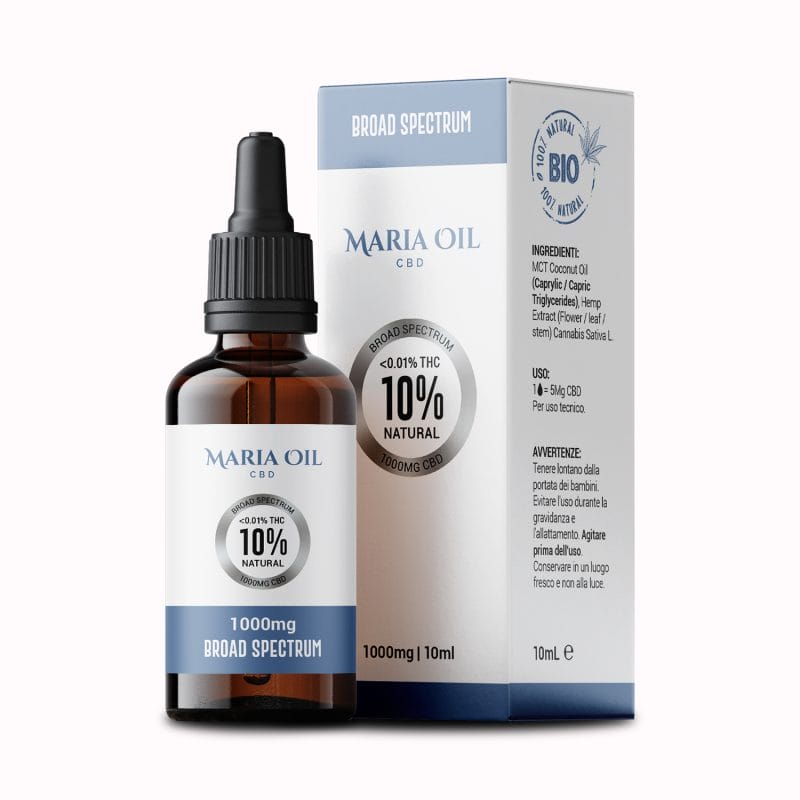 CBD Oil 10% (1000mg) Broad SpectrumPrice range: £23.20 through £43.20From 1,44 €/gr
CBD Oil 10% (1000mg) Broad SpectrumPrice range: £23.20 through £43.20From 1,44 €/gr -
Product on sale
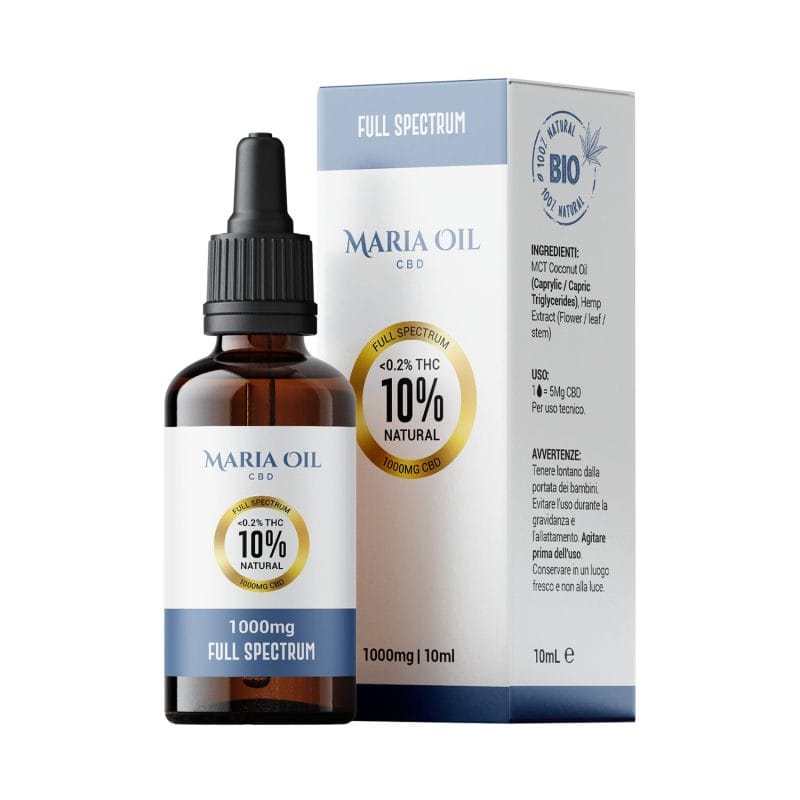 CBD Oil 10% (1000mg) Full SpectrumPrice range: £23.20 through £43.20From 1,44 €/gr
CBD Oil 10% (1000mg) Full SpectrumPrice range: £23.20 through £43.20From 1,44 €/gr -
Product on sale
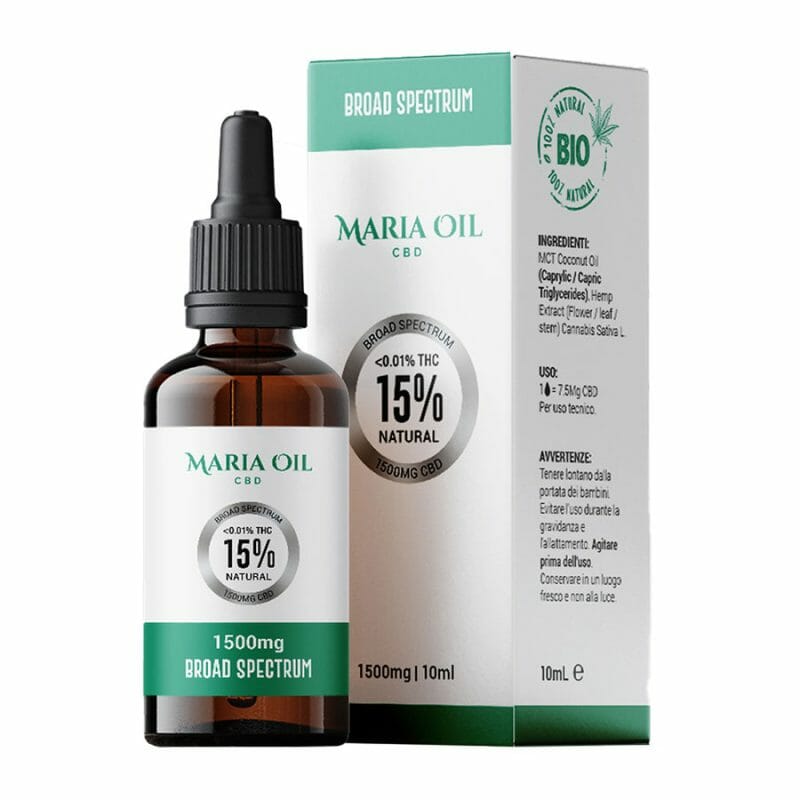 CBD oil 15% (1500mg) Broad SpectrumPrice range: £31.20 through £51.20From 1,71 €/gr
CBD oil 15% (1500mg) Broad SpectrumPrice range: £31.20 through £51.20From 1,71 €/gr -
Product on sale
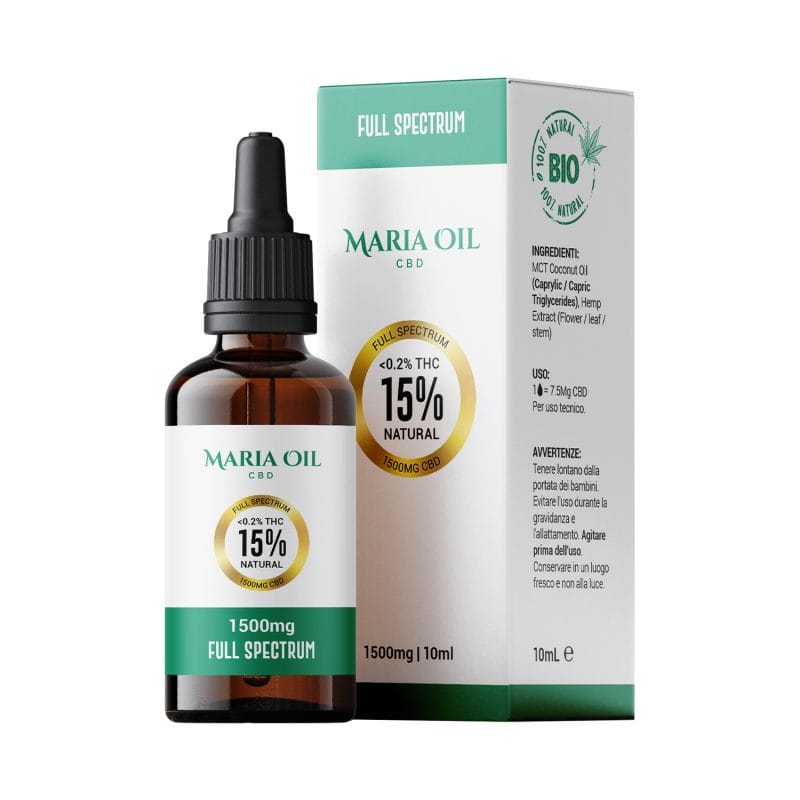 CBD Oil 15% (1500mg) Full SpectrumPrice range: £31.20 through £51.20From 1,71 €/gr
CBD Oil 15% (1500mg) Full SpectrumPrice range: £31.20 through £51.20From 1,71 €/gr -
Product on sale
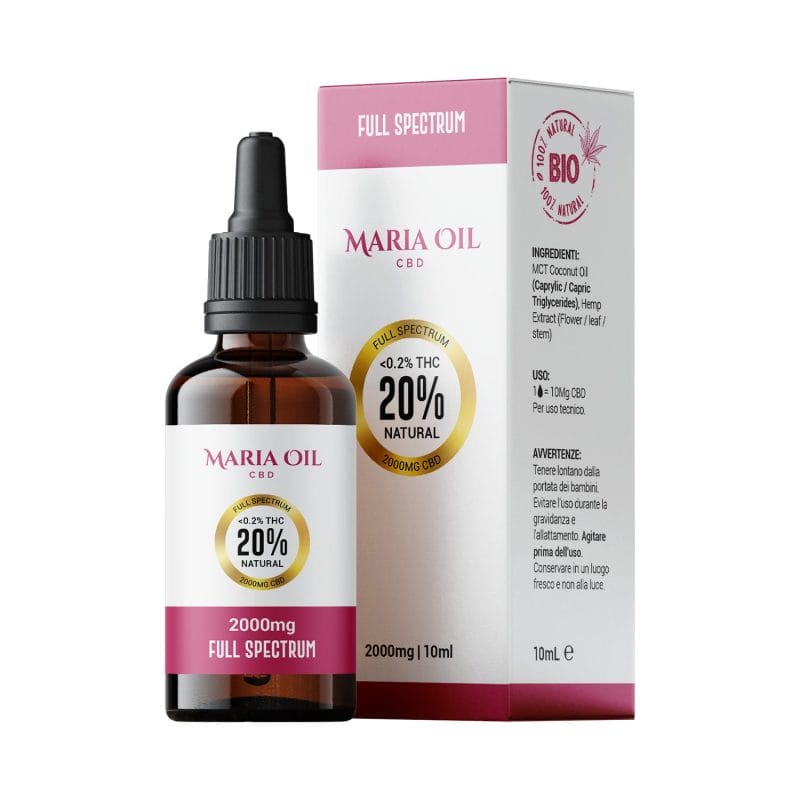 CBD Oil 20% (2000mg) Full SpectrumPrice range: £39.20 through £59.20From 1,97 €/gr
CBD Oil 20% (2000mg) Full SpectrumPrice range: £39.20 through £59.20From 1,97 €/gr -
Product on sale
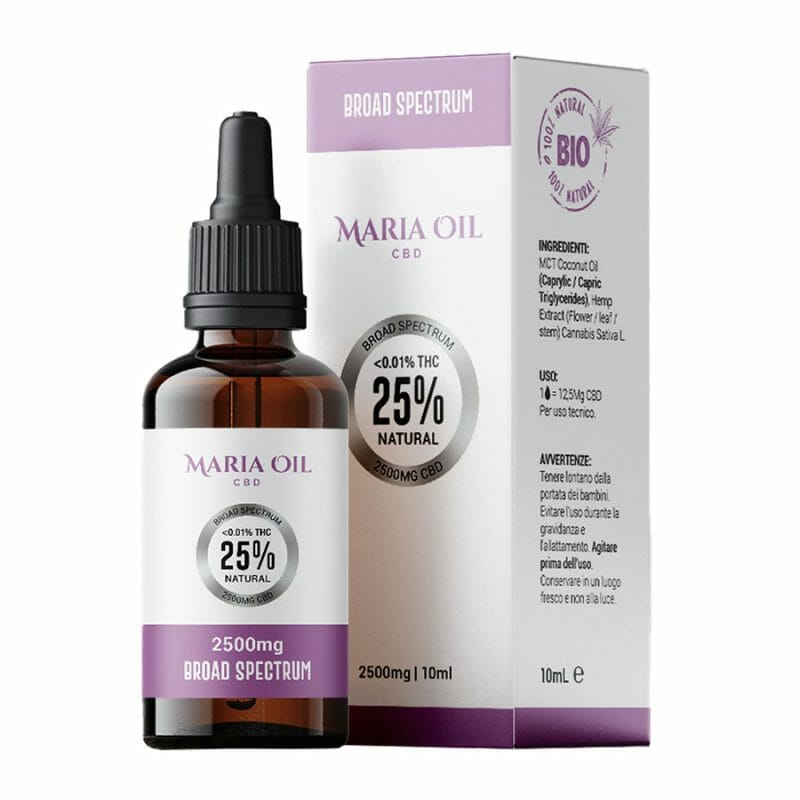 CBD oil 25% (2500mg) Broad SpectrumPrice range: £47.20 through £67.20From 2,24 €/gr
CBD oil 25% (2500mg) Broad SpectrumPrice range: £47.20 through £67.20From 2,24 €/gr -
Product on sale
 CBD Oil 25% (2500mg) Full SpectrumPrice range: £47.20 through £67.20From 2,24 €/gr
CBD Oil 25% (2500mg) Full SpectrumPrice range: £47.20 through £67.20From 2,24 €/gr -
Product on sale
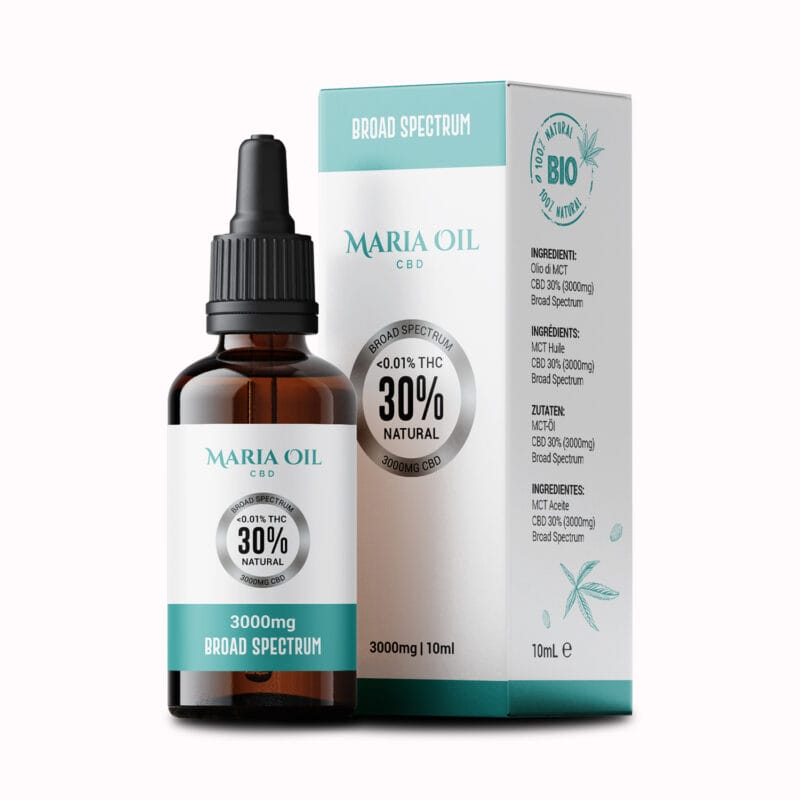 CBD Oil 30% (3000 mg) Broad SpectrumPrice range: £55.20 through £75.20From 2,51 €/gr
CBD Oil 30% (3000 mg) Broad SpectrumPrice range: £55.20 through £75.20From 2,51 €/gr -
Product on sale
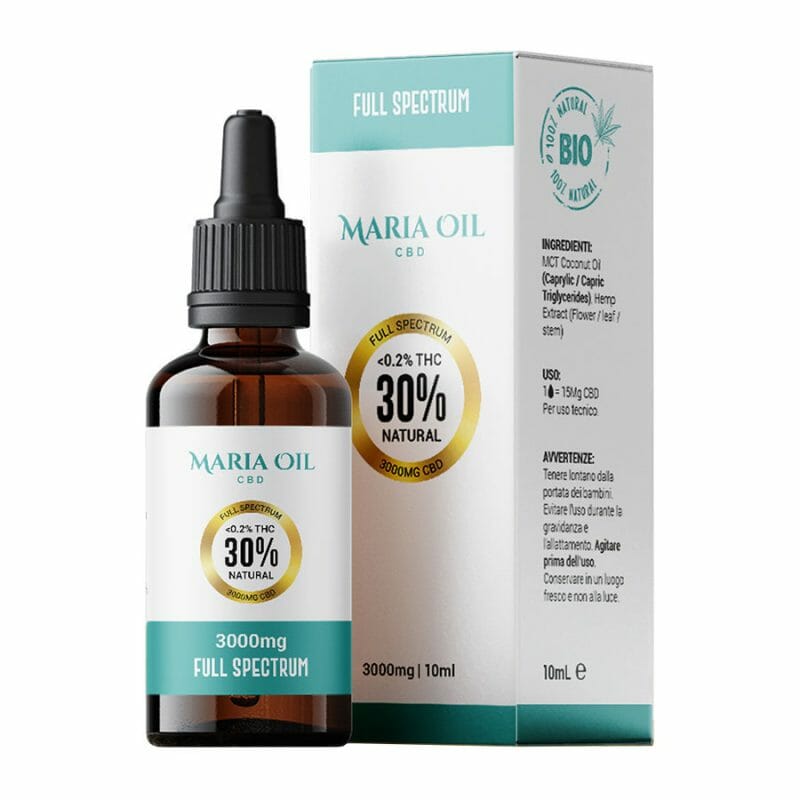 CBD Oil 30% (3000mg) Full SpectrumPrice range: £55.20 through £75.20From 2,51 €/gr
CBD Oil 30% (3000mg) Full SpectrumPrice range: £55.20 through £75.20From 2,51 €/gr
Side effects of antidepressant drugs
Antidepressant drugs, even when prescribed to treat a very mild illness such as depression, can cause a number of side effects. Always remember that side effects may vary from person to person and depend on the specific type of antidepressant drug.
Here are some contraindications related to antidepressant drugs:
- Mild side effects: may include gastrointestinal complaints such as nausea, vomiting or diarrhoea, but usually tend to diminish with time;
- Changes in appetite and weight: some antidepressants may cause an increase or decrease in appetite, leading to changes in weight;
- Sleep disorders: some drugs may cause insomnia or excessive sleepiness;
- Increased anxiety: in some people, especially at the beginning of treatment, antidepressants may trigger or increase irritability and agitation;
- Sexual dysfunction: some drugs can lead to decreased sexual desire, erection difficulties or delayed orgasm;
- Cognitive problems: some people may experience problems with concentration, memory or decision-making;
- Withdrawal symptoms: stopping some antidepressants suddenly may lead to dizziness, nausea, irritability and other physical and emotional symptoms;
- Risk of suicide: in some cases, especially in the early stages of treatment, antidepressants may increase the risk of suicidal thoughts, especially in young adults;
- Drug interactions: as these are powerful drugs, they may interact with other treatments.
These possible contraindications are the reason why so many people decide to treat themselves naturally.
What are the best natural antidepressants?
Natural antidepressants offer a less invasive alternative to traditional drugs that can cause the side effects we have just seen. In the vast array of herbs, nutrients and self-care practices, some solutions emerge as potential ‘superstars’ in the fight against sadness and lack of energy. From ancient traditions to modern discoveries, we take an in-depth look at the best natural antidepressants, discovering how they can become valuable allies in the journey to emotional well-being.
Cannabidiol (CBD)
Cannabidiol, also known as CBD, is a compound extracted from the cannabis plant. In recent years, it has become the subject of growing interest as a possible natural antidepressant, among many other uses. Although research is still ongoing and the exact effects of CBD are complex, there is some evidence to suggest that it may have potential benefits for emotional well-being.
CBD interacts with the body’s endocannabinoid system, which is involved in regulating many physiological functions including mood, anxiety and sleep. Many users report that CBD can have relaxing and calming effects, which may contribute to the relief of depressive and anxiety symptoms.
Preliminary studies indicate that CBD may influence brain receptors involved in mood and anxiety regulation. Research in 2014 focused precisely on the antidepressant and anxiolytic effects of cannabidiol. The results of several studies showed that CBD interacts positively with the brain by stimulating the production of the feel-good hormone serotonin.
Moreover, CBD is generally well tolerated and has a low side effect profile, which has occurred only in rare cases and almost always due to misuse of the product by the consumer.
Bach Flowers
Bach Flowers are a popular form of herbal therapy that focus on emotional and mental balance. They were developed by English physician Edward Bach in the 1930s and consist of a series of 38 flower remedies, each of which is associated with a specific emotional or mental state. Although they are not considered drugs in the traditional sense, many use them as natural remedies to deal with various emotional challenges, including depression.
Bach flowers are chosen according to a person’s individual symptoms and emotions. For example, the remedy ‘Mustard’ is often suggested to deal with deep and sudden sadness, while the remedy ‘Gentian’ can be used to deal with disappointment and defeat.
As with many remedies, the effectiveness of these natural anxiolytics may vary from person to person. Some people may find relief and benefit, while others may not notice any significant change.
Omega 3
Omega-3 fatty acids are essential fats that play an important role in general health, including mental well-being. In particular, the two main types of omega-3 fatty acids – eicosapentaenoic acid (EPA) and docosahexaenoic acid (DHA) – have been the subject of interest as possible natural remedies for depression and other mood disorders.
There is some evidence to suggest that omega-3s may have mental health benefits, although research is still ongoing to fully understand their impact. Some studies have indicated that adequate omega-3 intake may be associated with a lower risk of developing depression and may also have positive effects in treating depressive symptoms.
Omega-3 is considered important for brain health and neural functioning and may help regulate inflammation in the body and brain, which has been linked to depression.
Although adding omega-3s to the diet may be beneficial for some people, it is important to emphasise that they are not a magic solution and that the effects may vary. Furthermore, omega3s should be supplemented as part of an overall lifestyle that includes a balanced diet, regular physical activity and stress-management strategies.
Hypericum
Hypericum, also known as St John’s wort or Hypericum perforatum, is a plant that has been extensively studied for its potential use as a natural antidepressant. Hypericum extract has traditionally been used to treat a variety of disorders, including mild to moderate depression.
It is believed that Hypericum may influence levels of neurotransmitters such as serotonin, dopamine and noradrenaline, which play a key role in mood regulation.
However, it is important to note that studies on Hypericum have produced mixed and not always consistent results. Some studies have shown that it may be effective in the treatment of mild to moderate depression, while others have found no significant differences compared to placebo.
It is also important to be aware that Hypericum may interact with other drugs and may have side effects. For example, it can increase sensitivity to the sun and interact with drugs such as anticoagulants, contraceptives and synthetic antidepressants.
Rhodiola
Rhodiola rosea, commonly known as Rhodiola, is an adaptogenic herb that has been studied for its potential role in improving mood and fighting depression. Adaptogenic herbs are thought to help the body adapt to stress and restore balance.
Rhodiola has traditionally been used in some cultures to cope with stress, improve energy and mood. Preliminary studies suggest that this plant may have positive effects on the central nervous system, influencing neurotransmitters and regulating the stress response. In addition, Rhodiola has an antioxidant effect.
However, it is important to know that prolonged use of herbs such as Rhodiola may lead to side effects or interactions with other medications.
Green tea
Green tea is a popular beverage rich in antioxidants and health-promoting compounds. Although green tea is not considered a specific treatment for depression but rather a source of relaxation, some of its compounds may have positive effects on mental well-being.
Green tea contains a substance called L-theanine, which is known to have relaxing and calming effects on the brain. This can help reduce anxiety levels and improve mood.
In addition, green tea is rich in polyphenols, including catechins, which have been associated with a number of health benefits including brain protection and reduced inflammation. Some preliminary research suggests that green tea catechins may have a positive impact on mood and mental health.
Be careful, however, because some green tea products may also contain theine, which can have stimulating effects and influence anxiety in some sensitive people.
Antidepressant foods
Antidepressant foods are generally rich in important nutrients for brain health such as vitamins, minerals, antioxidants and omega-3 fatty acids that stimulate neurotransmitters, including the famous serotonin.
But how to increase serotonin levels naturally and become happy again? Some examples of antidepressant foods include:
- Fruits and vegetables: they are rich in vitamins, minerals and antioxidants, all of which are important for brain health. In particular, red-coloured fruits and vegetables, such as berries, tomatoes and carrots, are full of antioxidants;
- Fatty fish: including salmon, tuna and mackerel contain the omega-3 fatty acids mentioned earlier;
- Oil seeds: such as walnuts, almonds and chia seeds are an excellent source of protein, fibre and healthy fats, as well as vitamin E, an antioxidant that protects against brain damage;
- Cacao: is rich in flavonoids, antioxidants that can help improve mood; it is also a good source of magnesium, a mineral that can help reduce stress and improve sleep;
- Probiotics: are live bacteria found in fermented foods such as yoghurt and kefir, they can help improve mood by regulating serotonin production.
All these foods can be a useful addition to the treatment of depression with a holistic approach.
Which natural antidepressant to choose?
The choice of a natural antidepressant depends on individual needs, personal preferences and specific situations. For example, green tea is ideal for times when you are looking for relaxation and calm. You can drink it during a break or after a busy day to promote a feeling of tranquillity.
Cocoa-rich dark chocolate, on the other hand, is good when you need a little sweet relief. You can enjoy it occasionally to lift the mood, but without overdoing it.
Foods rich in omega-3 are useful for a long-term choice to support mental well-being. Incorporating oily fish or chia seeds into your daily diet can contribute to emotional balance.
Plants such as Bach Flowers, Hypericum and Rhodolia are suitable to use as supplements when needed.
Finally, CBD can be considered when you are looking for a natural remedy for anxiety, stress or relief from pain and insomnia. It is an extremely comprehensive product that can naturally rebalance all the levels in your body that are now a bit off.
If you would like to purchase safe, high quality cannabis products, we invite you to visit Maria CBD Oil’s online shop where every solution has been designed to provide you with maximum benefit and to recover your zest for life.
 Contact us
Contact us 







